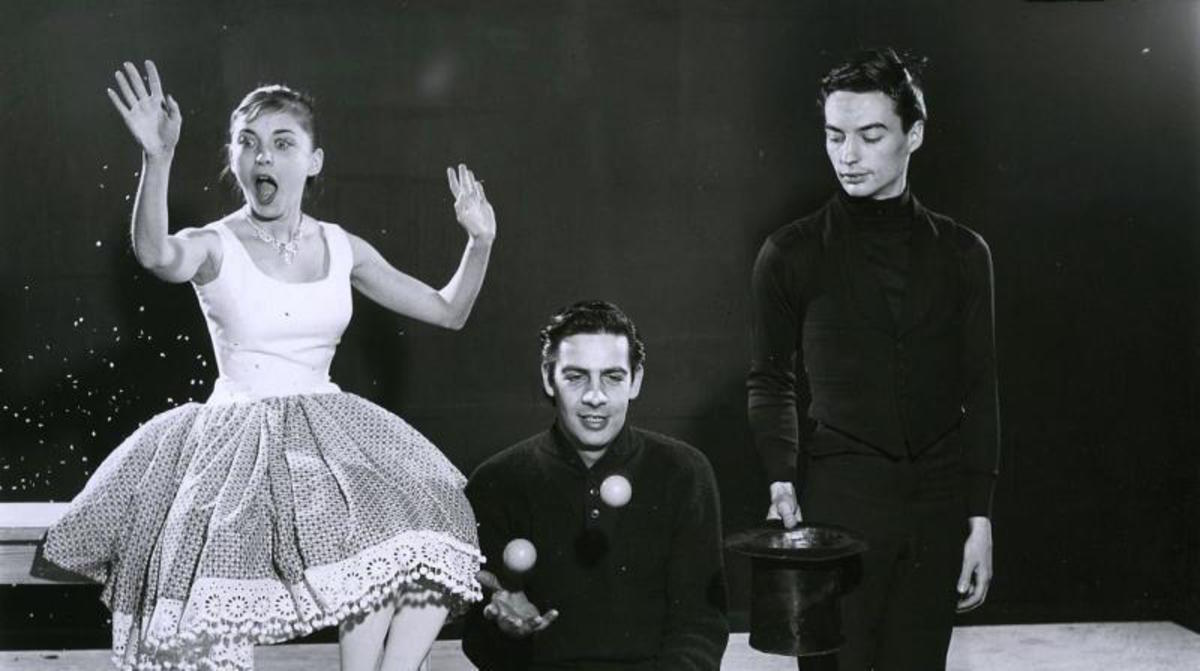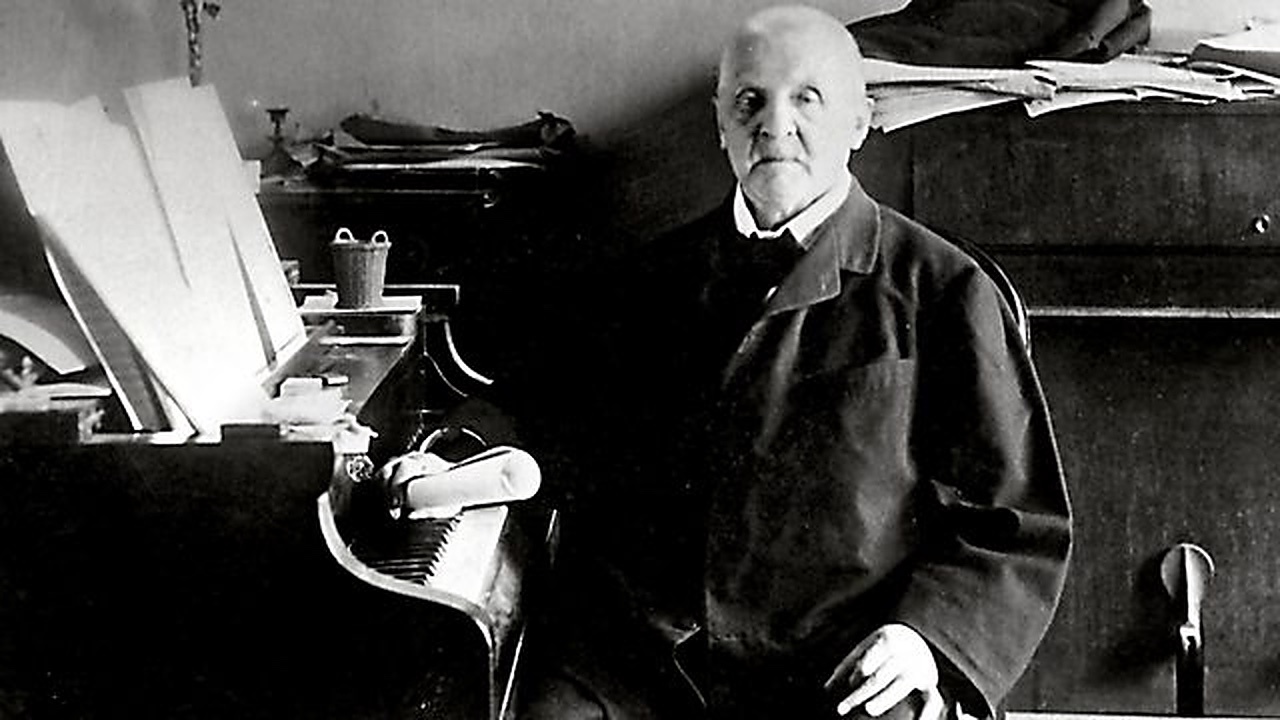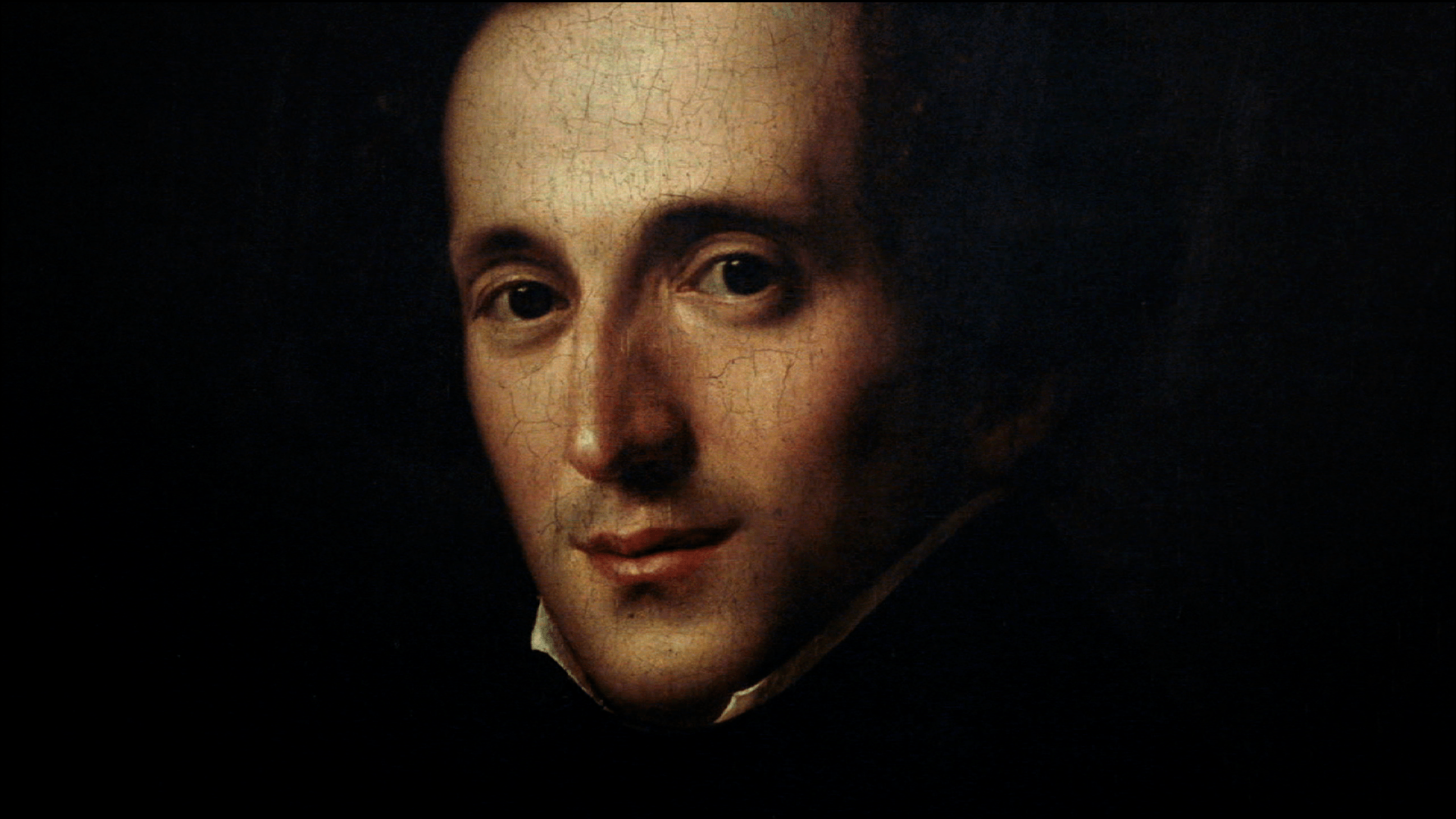Schicksalslied (“Song of Destiny”): Brahms’ “Little Requiem”
In the summer of 1868, while visiting his friend Albert Dietrich in the North German coastal town of Wilhelmshaven, Johannes Brahms was drawn to the poem, Hyperions Schicksalslied by Friedrich Hölderlin. Buried in the middle of a 1797 novel depicting the Greek mythical titan Hyperion, the poem’s two verses contrast the lives of eternally blissful Immortals enjoying “luminous, heavenly breezes” with the restless existence of human beings, who are subject to the cruel whims …







